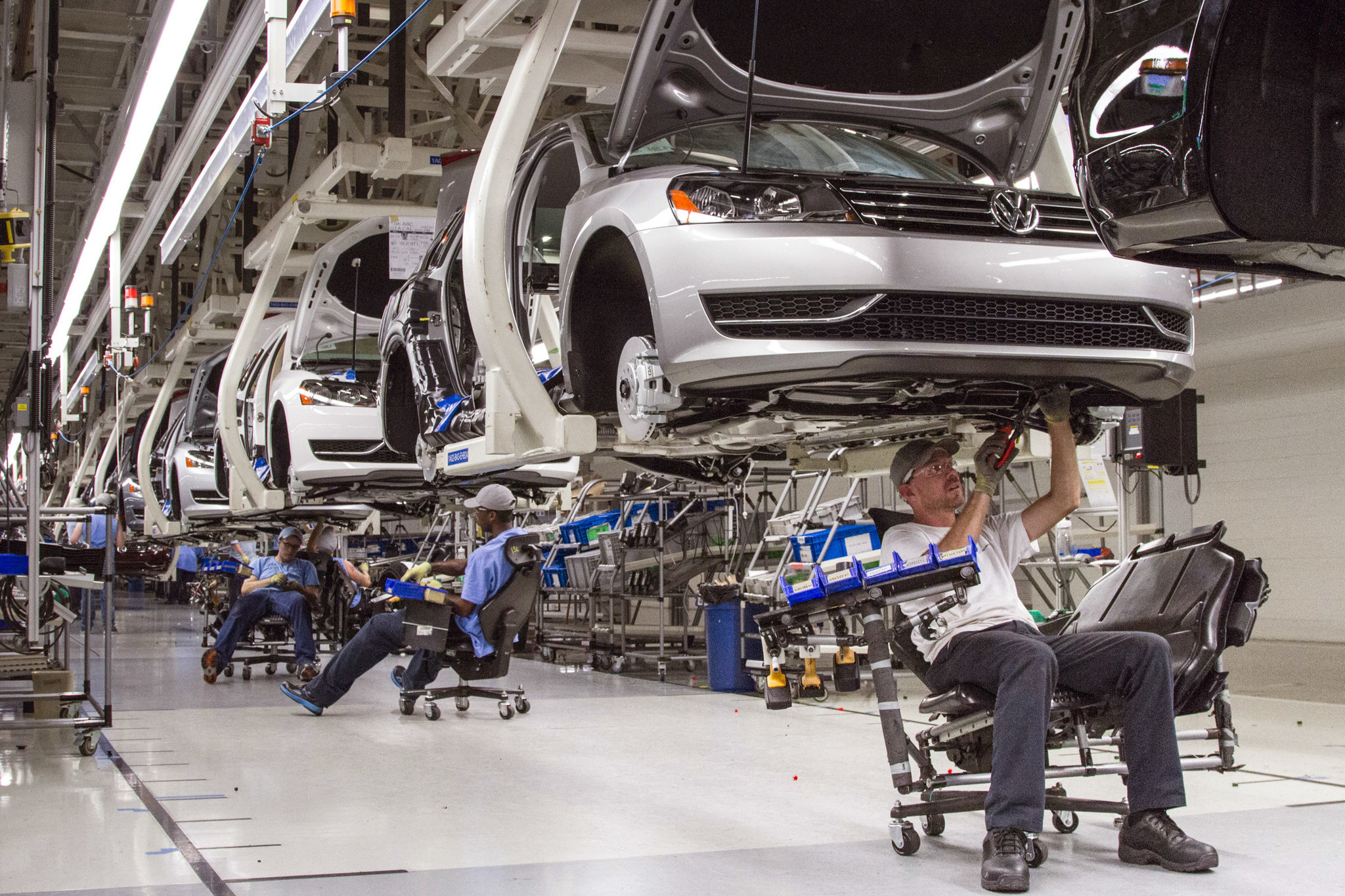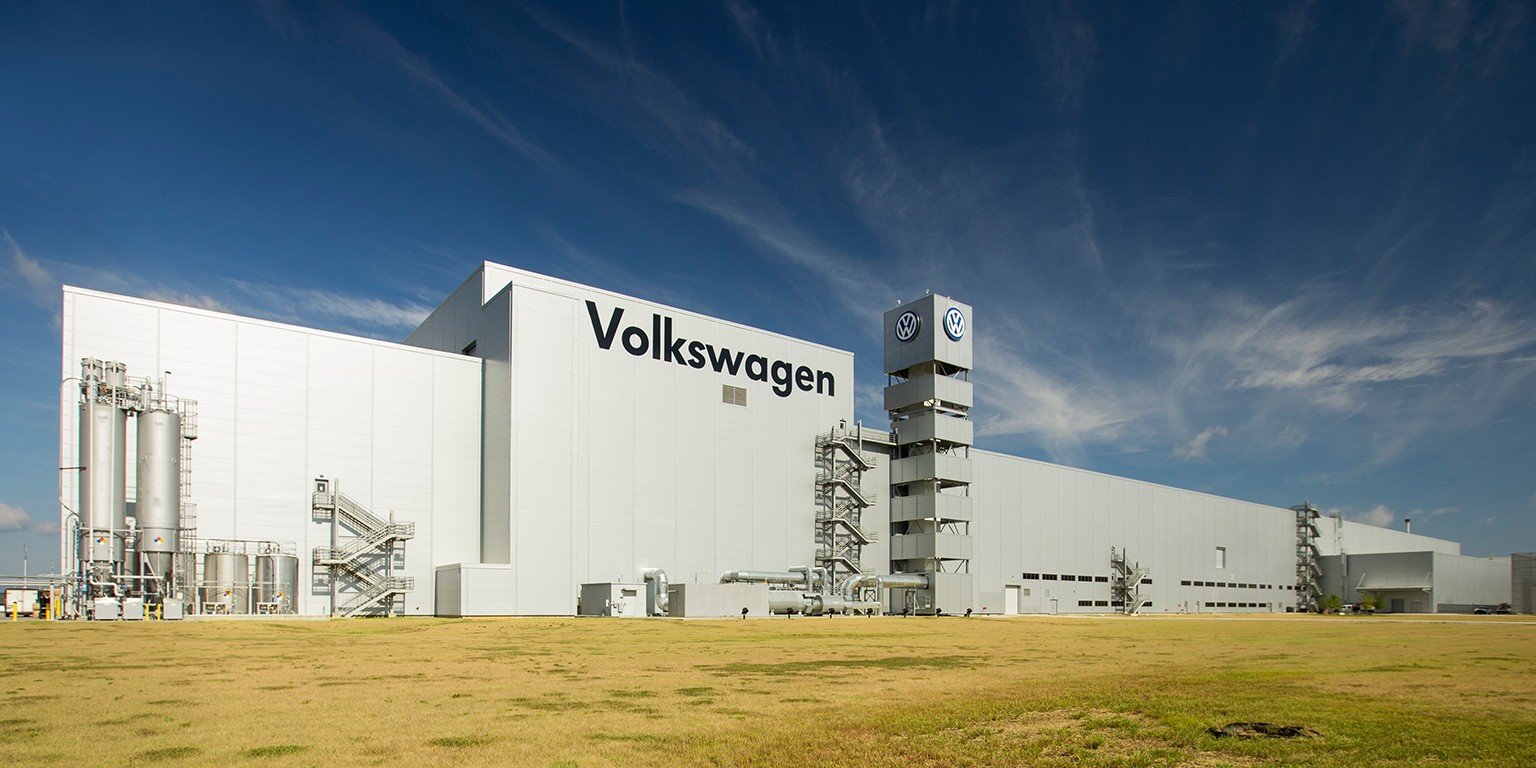The United Auto Workers (UAW) announced on Monday that employees at Volkswagen’s Chattanooga assembly plant in Tennessee are initiating a unionization election. This move represents a pivotal moment for UAW President Shawn Fain’s ambitious initiative to extend the union’s influence to foreign-owned automakers in the southern U.S.
According to UAW, a significant majority of eligible workers at the VW plant have signed union cards over three months.
These workers have formally submitted a petition to the National Labor Relations Board, seeking authorization for a union vote. Notably, this marks the UAW’s third attempt in the past decade to represent VW Chattanooga workers.
For over twenty years, the UAW has endeavored to organize non-union auto plants established by foreign automakers in states like Tennessee, where anti-union laws and political environments prevail. However, the union has not made inroads at electric vehicle startups like Tesla and Rivian.
Securing a vote to unionize the VW plant would be a significant achievement for the UAW, particularly in an election year where both President Joe Biden and his Republican opponent, Donald Trump, are actively courting UAW support in pivotal industrial states like Michigan.

Following successful negotiations for new contracts with major U.S. automakers last year, Fain initiated an unprecedented campaign to unionize the entire non-union auto assembly sector in the country. This campaign includes simultaneous organizing efforts at non-union facilities owned by Toyota, Mercedes, Hyundai, and others.
Volkswagen, acknowledging that approximately 4,100 employees at the Chattanooga plant are eligible for union membership, has expressed respect for workers’ rights to decide on union representation. The company reaffirmed its commitment to providing accurate information to employees to help them make informed decisions.
Previous attempts to unionize the Chattanooga plant narrowly fell short, with workers voting against union representation in 2019. Similar efforts at Nissan Motor plants in Mississippi and Tennessee also faced substantial defeat.
In November, the UAW announced that it would organize campaigns at thirteen nonunion automakers, urging companies like Tesla, Toyota, Hyundai, Rivian, BMW, and Mercedes-Benz to remain neutral during the unionization process.
More than 30% of workers at a Toyota factory in Missouri and a majority of hourly employees at a Mercedes-Benz factory in Alabama have expressed interest in joining the union.
Volkswagen responded to the UAW’s initiatives by announcing an 11% pay increase for workers at its Tennessee factory in November, aligning with compensation improvements made by other foreign automakers in response to UAW contracts.
Also read: Mercedes-Benz AMG’s GT Sports Car Lineup Expands With Redesigned Models

